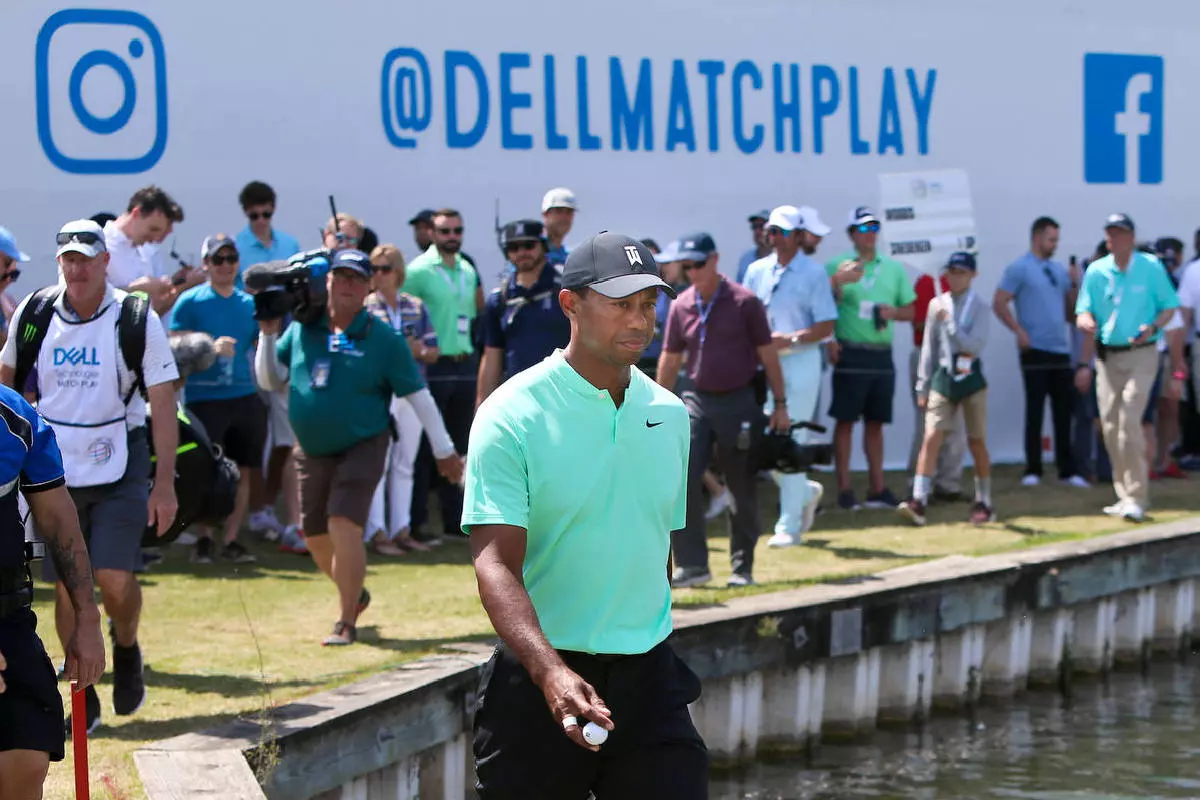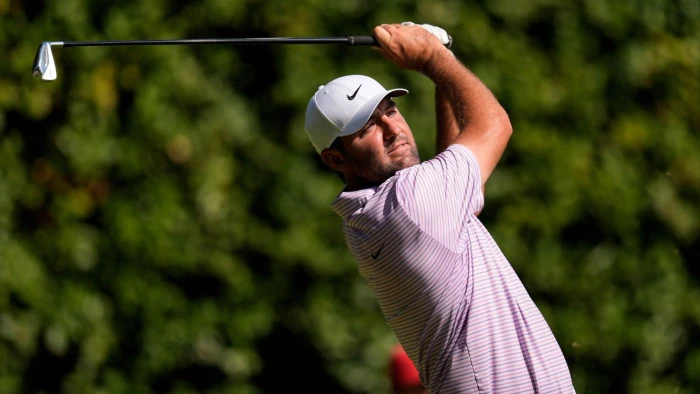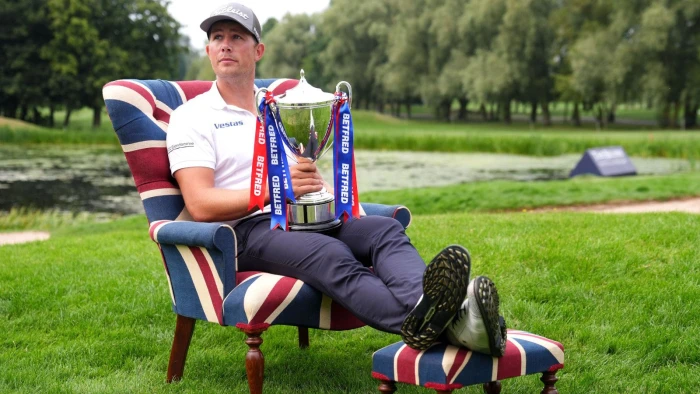The WGC – Dell Technologies Match Play: An event that always underwhelms someone, even Tiger Woods

Tiger Woods at the Dell Match Play
It is elite golf’s only individual match play tournament but every year someone is left feeling disenchanted.
That demographic is forever demanding something different and yet, soon after anything out of the ordinary is dished up, they quickly complain how rubbish it is.
It's as if every Christmas the entire family sits around the dining table and gripes about always having turkey so mum decides to surprise them. But when she reveals a goose they all pull a face and grumble that she should have cooked a turkey after all.
Our turn. ? pic.twitter.com/4XLUO1bRTR
— WGC-Dell Technologies Match Play (@DellMatchPlay) March 20, 2022
The early winners
Match play had fallen massively out of favour with those who ran tour golf by the late 1990s. With the exception of the invitational tournament held at Wentworth every autumn it was more or less non-existent.
The 2000 edition was fine. Tiger Woods reached the final, where he was beaten by Darren Clarke after the pair had dispatched David Duval and Davis Love III in the semi-finals.
Kevin Sutherland shocked the golf world at the 2002 @WGC_MatchPlay. He recalls the win here: http://t.co/KywFUWhERl pic.twitter.com/alSV0mnLOB
— PGA TOUR Champions (@ChampionsTour) April 27, 2015
The venue
All four of the previous year's semi-finalists were unimpressed by the prospect of a long flight for (potentially) less than one round of golf. So were Phil Mickelson, Colin Montgomerie, Lee Westwood, Sergio Garcia, Jose Maria Olazabal, Paul Azinger, Greg 'Grow the Game' Norman, Nick Price, Fred Couples and former winner Jeff Maggert.
Tiger
The venues again
The two-time champion
An event knows it's in a pickle when even a bloke who won it twice in four years (and was a runner-up in-between) is a bit dubious.
Ryder Cup captains
In 2021 Billy Horschel emerged victorious in Austin and also had high hopes of making the Ryder Cup team. Once again, it didn't happen.
The format
The belly-aching of players, TV execs and sponsors permitted golfing purists no end of joy. For them, the perilous nature of match play was no flaw but instead the defining feature head-to-head golf. It's unique attraction, in fact.

